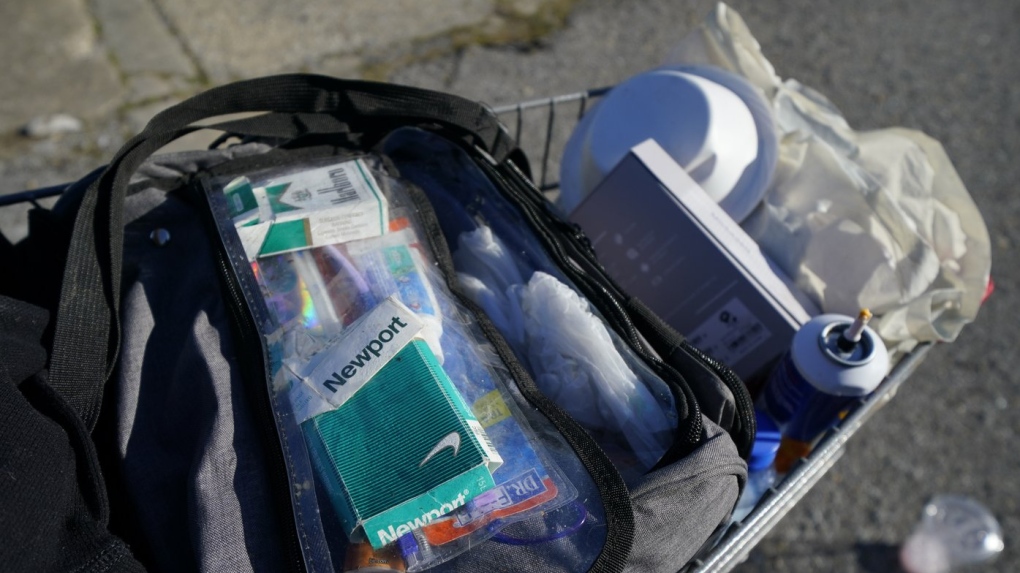
Abstinence not required: How a Baltimore drug treatment program prioritizes saving lives
CTV
In a mobile health clinic housed in a retrofitted van, which parks in some of Baltimore's most drug-ravaged communities, doctors and nurses meet with patients, write prescriptions and provide basic wound care, hepatitis C treatment, packages of the overdose reversal agent naloxone and more, all free of charge.
Anthony Kelly trudged through southwest Baltimore, each labored footstep a reminder of the roofing accident that left him with chronic pain and a raging opioid addiction several years after he returned home from serving in the Marines.
Doctors used metal plates to reconstruct his lower legs and Kelly spent months learning to walk again. So began his plodding journey into the depths of substance use disorder, a downward spiral that would gradually weaken his body and consume his mind, pulling him farther and farther away from the person he once was: a supportive husband and father, a hard-working professional, a proud veteran.
After his prescribed painkillers ran out, Kelly repeatedly traveled to Florida to take advantage of the state's loosely regulated pain management clinics. Finally, he turned to a combination of heroin and cocaine that sometimes cost US$500 per day.
More than a decade later, his substance use is more manageable and less expensive, though it remains a controlling force in his life. He takes buprenorphine, a prescription medication that's considered the gold standard for treating opioid addiction by reducing cravings and easing withdrawal symptoms.
He gets the medication through a mobile health clinic housed in a retrofitted van, which parks in some of Baltimore's most drug-ravaged communities, including Kelly's neighborhood. Doctors and nurses meet with patients, write prescriptions and provide basic wound care, hepatitis C treatment, packages of the overdose reversal agent naloxone and more, all free of charge.
The clinic exemplifies an ongoing shift in the nation's approach to stemming overdose deaths, which surged during the pandemic to unprecedented heights as the potent synthetic opioid fentanyl replaced heroin in drug markets across the country.
The so-called harm reduction model, which has received endorsement and funding from the Biden administration, offers potentially life-saving services to opioid users, without requiring abstinence in return.





















 Run 3 Space | Play Space Running Game
Run 3 Space | Play Space Running Game Traffic Jam 3D | Online Racing Game
Traffic Jam 3D | Online Racing Game Duck Hunt | Play Old Classic Game
Duck Hunt | Play Old Classic Game